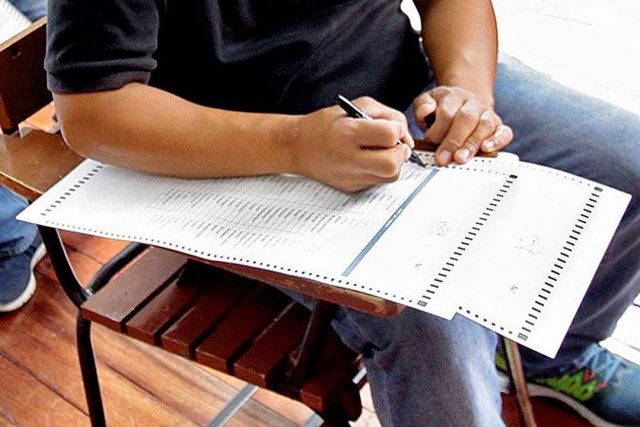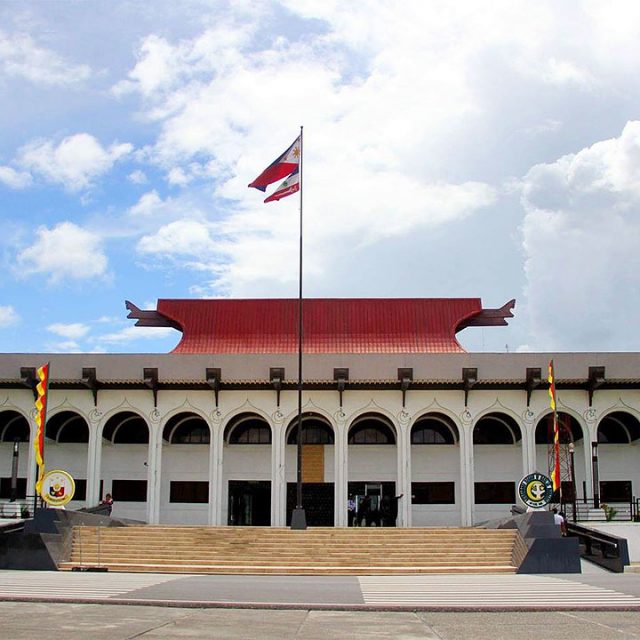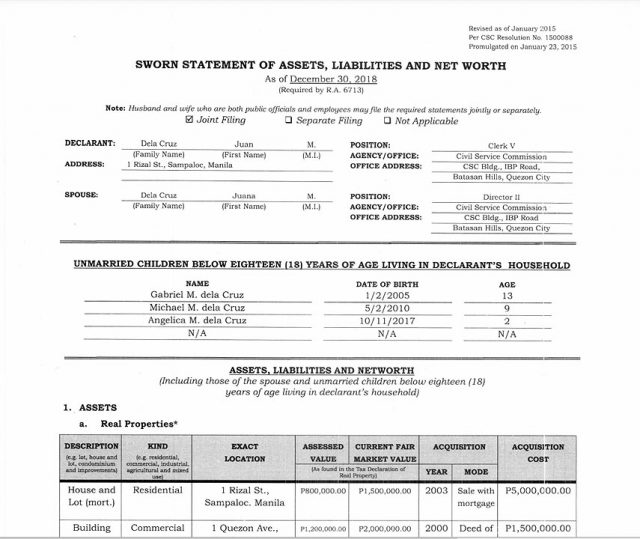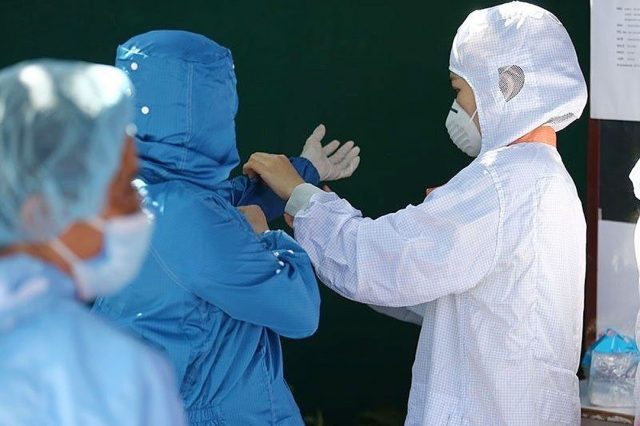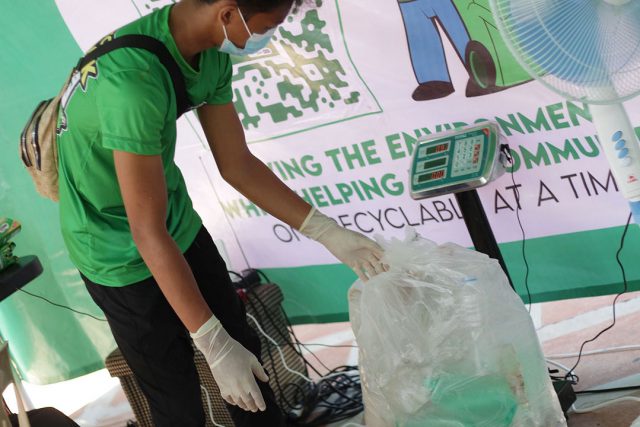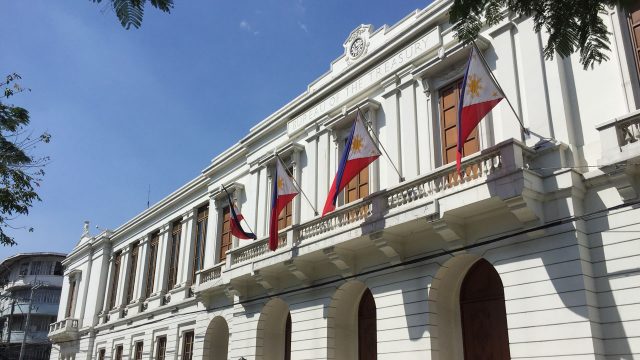A FORMER head of the Budget department’s Procurement Service, who is now with the Office of the Ombudsman, said the purchase of pandemic supplies such as face shields and face masks last year that are currently under scrutiny by Congress were above board.
Overall Deputy Ombudsman Warren H. Liong, a former director of the Procurement Service of the Department of Budget and Management (PS-DBM), said the Bayanihan I law exempted the acquisition of medical-related supplies from the procurement law.
The Bayanihan I, or Republic Act No. 11469, was the first law passed in March 2020 in response to the coronavirus pandemic. It gave President Rodrigo R. Duterte emergency powers as well as allocated funds for cash assistance and other programs.
In the House of Representatives’ probe on the PS-DBM on Wednesday, Mr. Liong said “Section 4 of Bayanihan I states that the President is authorized to procure in the most expeditious manner as exemptions from Republic Act (RA) 9184 or the government procurement law and other relevant laws.”
He explained that the PS-DBM’s procurement of the questioned supplies was an emergency procurement and as such, they were only required to ensure immediate delivery.
Mr. Liong also said that under the Government Procurement Policy Board’s Circular 01-2020, the PS-DBM was exempt from the “alternative mode of procurements” under the procurement law which requires contractors to submit bank guarantees.
Under the said circular, emergency procurements allow the government to award contracts to contractors with “legal, technical, and financial capability to undertake the procurement at hand.”
“The only documents asked are the mayor’s permit, income tax return, omnibus sworn statement, and then compliance to technical specifications,” Mr. Liong said, adding that Pharmally Pharmaceutical Corp. submitted these requirements.
The House and the Senate are conducting inquiries on PS-DBM’s awarding of about P10 billion worth of contracts to Pharmally, a company formed only in 2019 and only had a P625,000 capital.
HEARINGS
Meanwhile, chief presidential legal counsel Salvador S. Panelo on Wednesday defended Mr. Duterte’s directive requiring Cabinet members to get his permission first before participating in legislative hearings investigating the government’s controversial pandemic deals.
He said the presidential order is justified since the Senate Blue Ribbon Committee’s ongoing probe is not in aid of legislation.
In 2005, ex-President Gloria Macapagal-Arroyo issued an executive order that required Cabinet and other government officials to seek presidential permission first before attending legislative hearings.
The Supreme Court struck down the order a year later, but it upheld the right of a Philippine president to prevent officials from participating in legislative inquiries known as a question hour, where department heads appear before lawmakers to answer questions on matters relating to their office.
“What the Senate is performing now is, at most, its authority under Section 22 (Article VI of the 1987 Constitution) on question hour as we note that no new legislation is being contemplated by its members,” Mr. Panelo said in a statement. “Hence, it may not compel department heads to attend its hearings nor cite them in contempt if they refuse to participate,” he added.
Mr. Panelo noted that the High Court “takes judicial cognizance of the fact that the right of Congress to conduct inquiries in aid of legislation is susceptible to abuse.”
In 2014, the late Senator Miriam Defensor-Santiago said former President Benigno S.C. Aquino III had no reason to forbid his Budget secretary, Florencio B. Abad, from participating in a Senate question hour about a special budget meant to fast-track certain projects.
The program in question was later declared illegal by the Supreme Court. — Bianca Angelica D. Añago and Kyle Aristophere T. Atienza

